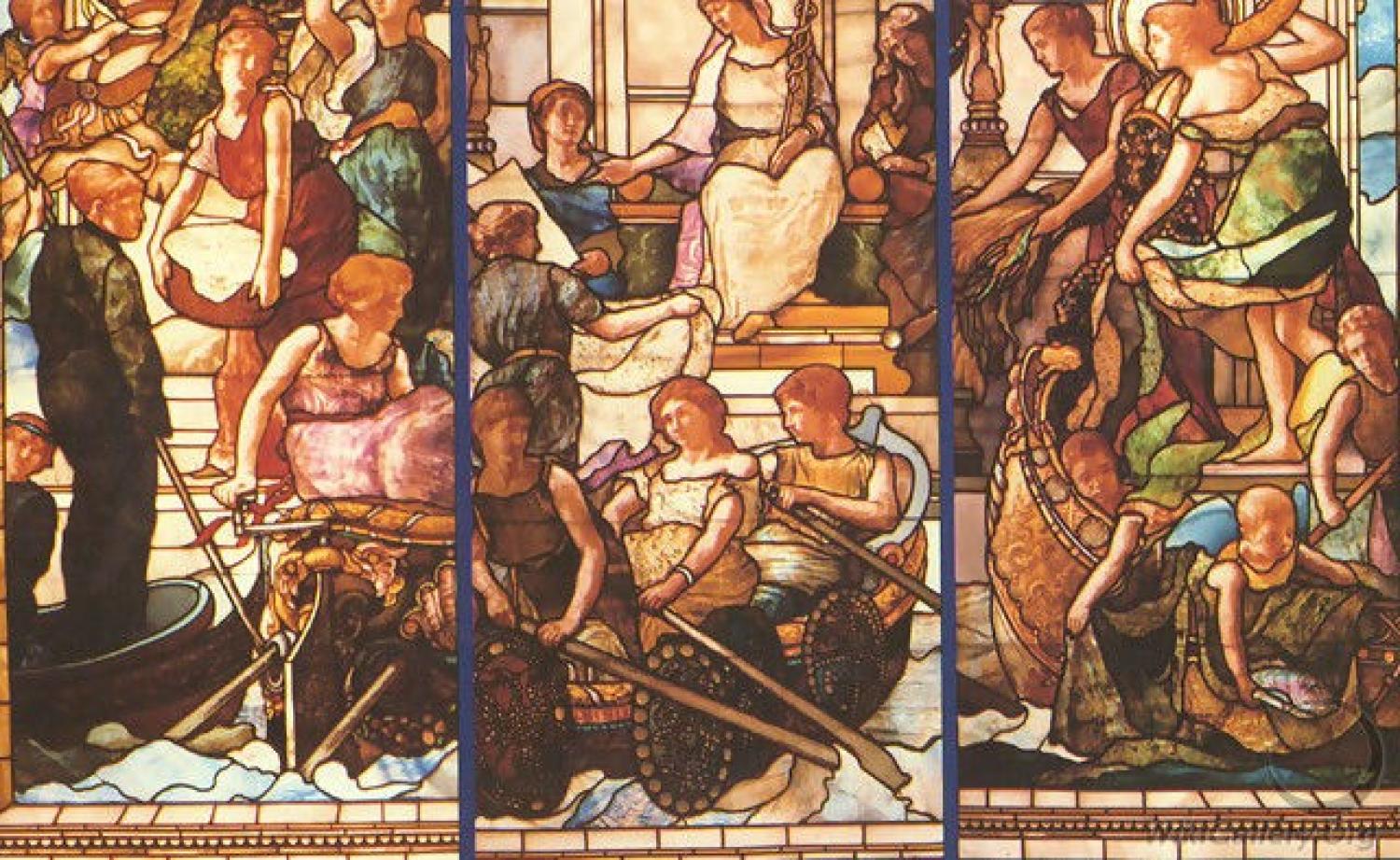Benson Center 2021-22 CTP Lecture Series: "Capitalism and Ethics"
About this series 

This year’s Benson Center Conservative Thought and Policy lecture series is devoted to the theme of “Capitalism and Ethics.” Our speakers explore the complex relationships between the two in American culture and Western civilization in general. Speakers discuss such topics as capitalism and virtue, the history of American philanthropy, and the relationship of ethics and economics, and capitalism and religion. We expect a stimulating year of lectures and discussion. In person and livestreamed, and archived on our YouTube channel.
- Deirdre McCloskey (University of Illinois): "'Capitalism' Exhibits the Seven Primary Virtues" | Presented Oct. 5, 2021
- Olivier Zunz (University of Virginia): “Ethics and Capitalism: The Political Economy of American Philanthropy” | Presented Nov. 5, 2021
- Helena Rosenblatt (City University of New York): "The Banker Who Brought Down the Old Regime: The Political Economy of Jacques Necker (1732-1804)" | Presented Nov. 30, 2021
- Gianna Englert (Southern Methodist University): "Two French Liberals on Commerce and Citizenship: Benjamin Constant and Alexis de Tocqueville"| Presented March 7, 2022
- Alberto Mingardi (IULM University, Milan): "Vilfredo Pareto, the Moralist" | Presented April 7, 2022 |
- Alan S. Kahan: "Mind vs. Money: The War Between Intellectuals and Capitalism" | Presented April 27, 2022 |
About the illustrations
Top: Marinus van Reimerswaal (Dutch, 1489-1546). The Banker and His Wife (1539), oil on panel, Museo del Prado, Madrid. A couple are intent on counting and weighing their coins. The cluttered scene suggests the moral disorder of the subjects and the snuffed candle is a reminder of their mortality.
Right: John LaFarge (American, 1835-1910). The Fruits of Commerce (1881), stained glass window, Biltmore Estate. The first in a series of three triptychs commissioned to LaFarge and developed in 1881 for William Henry Vanderbilt's three-story home on Fifth Avenue in Manhattan. These first three glass panels were dedicated to the fruits of commerce, depicting the virtue combined with the success of the Vanderbilt enterprises.

